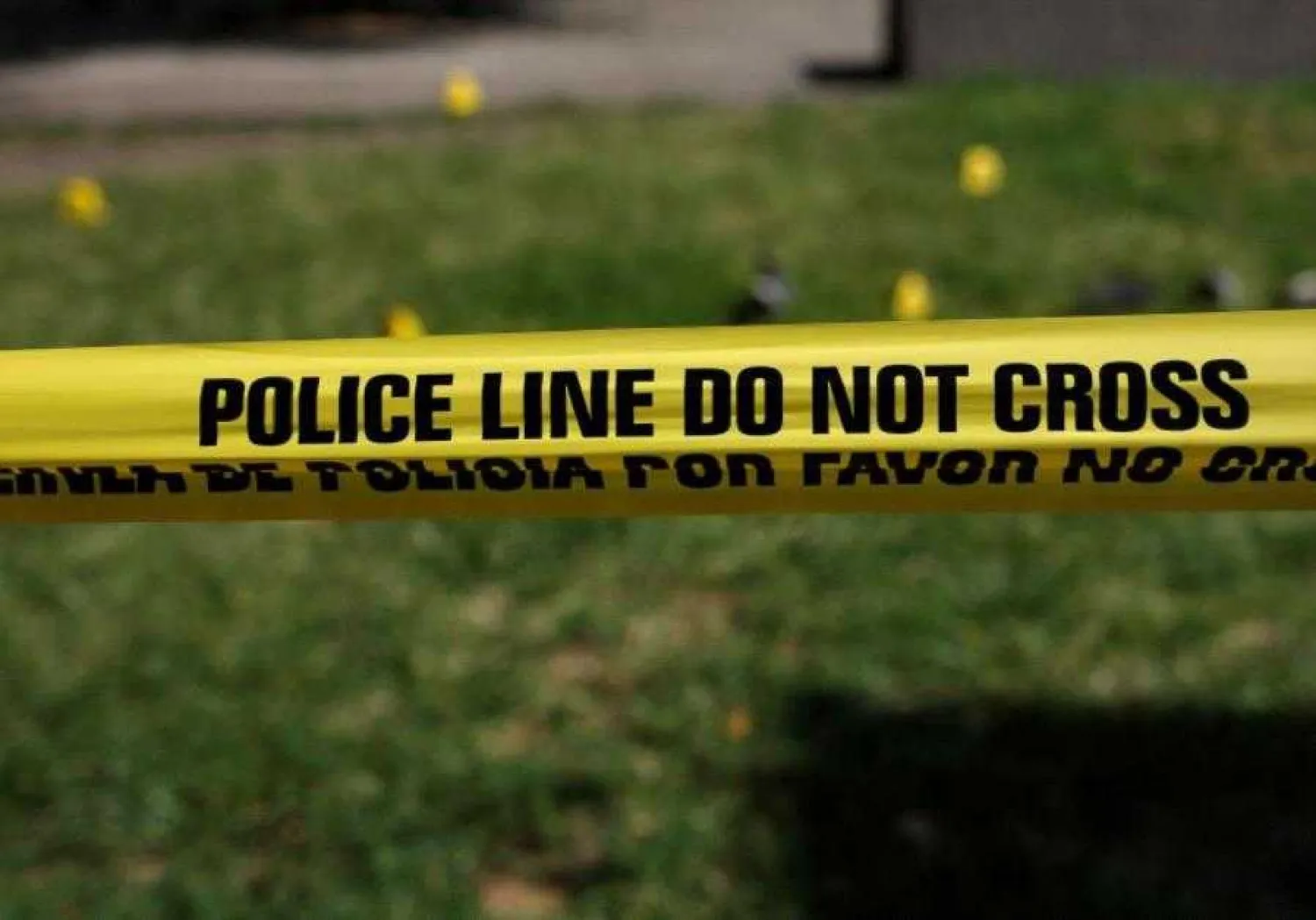A Jordanian immigrant faces the death sentence after a jury in Houston, Texas, found him guilty of committing two murders, which he described as "honor killing."
His wife and son who were involved in the crime are expected to be sentenced to life imprisonment.
On Thursday, prosecutors said Ali Mahmoud Awad Irsan was angered when his daughter left the family home, converted to Christianity and married a Christian man, so he killed his son-in-law and his daughter's friend who encouraged her on the wedding.
Irsan's trial ran for five weeks, but on Thursday, the jury debated for only 35 minutes before coming up with its verdict for killing Kuti Beavers, his son-in-law, and Ghilara Baqarzadeh, an Iranian women rights activist, who is his daughter’s friend.
The Houston Chronicle reported on Saturday that when given the last opportunity to speak, Irsan denied he had killed the man and woman. He talked frequently about honor, chastity and shame in Jordan and other Arab and Muslim countries. He said that death is better for him than bearing his daughter’s conversion from Islam to Christianity. He said his daughter "caused terrible pain for me and my family" after marrying her Christian husband.
"Honor and shame, that's all," the newspaper cited the special prosecutor Anna Emmons while speaking to the jury. "You have heard him say: honor is very important to him, and the only solution to cleanse this honor is murder."
During the trial, the daughter, Nisreen Irsan, testified and said her father tried to stop her from getting engaged to a Christian man, and that she went to the court to issue a protection order to prevent her father and her family from harassing her after she moved to her husband-to-be’s apartment before marriage.
The father admitted that he violated the protection order because he continued to contact his daughter and threaten her. He said the woman became a drug addict and was "living with bad friends".
Shamo al-Rawabdeh, 40, his wife and Nesreen’s mother, said she saw her husband kill his son-in-law in his apartment. She denied that she had participated in the crime, saying her role was peaceful, and she preferred to solve the problem by diplomatic means.
The woman said her husband wanted to kill his son-in-law and his daughter, but when he entered the apartment, he didn’t find the woman who had gone to work early.
The Houston Chronicle described Irsan as a "devoted Muslim" and reported he hesitated to immigrate to the US because he hates Christians.









